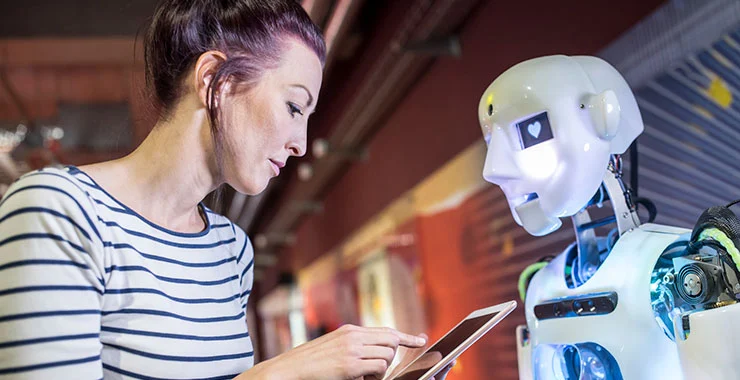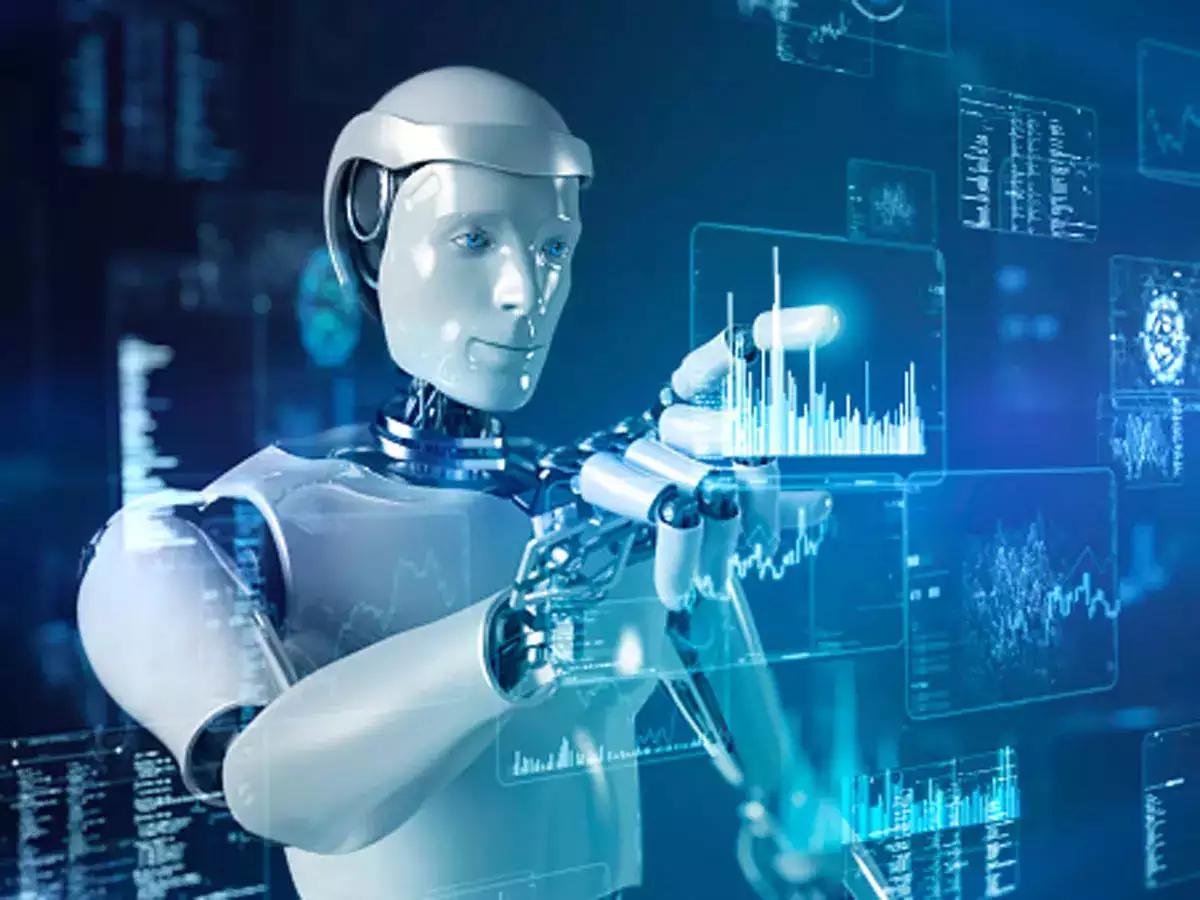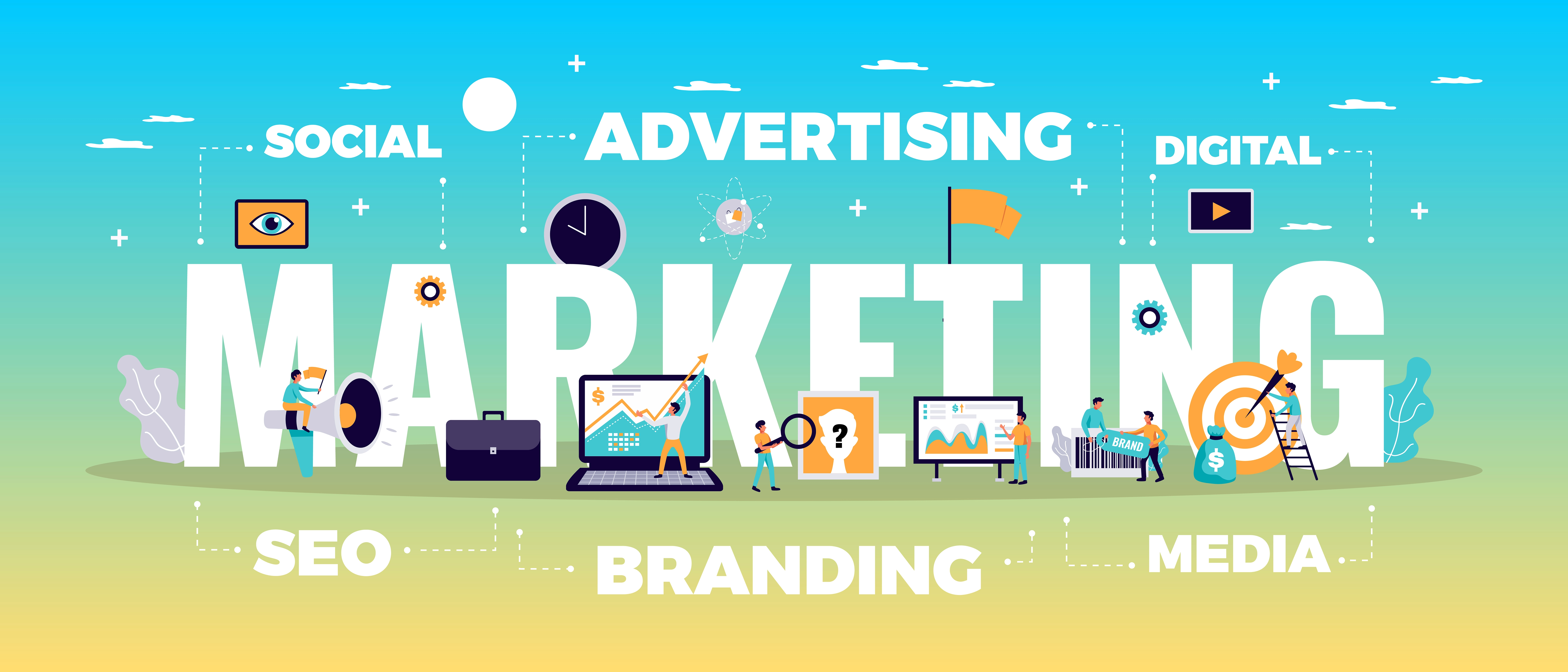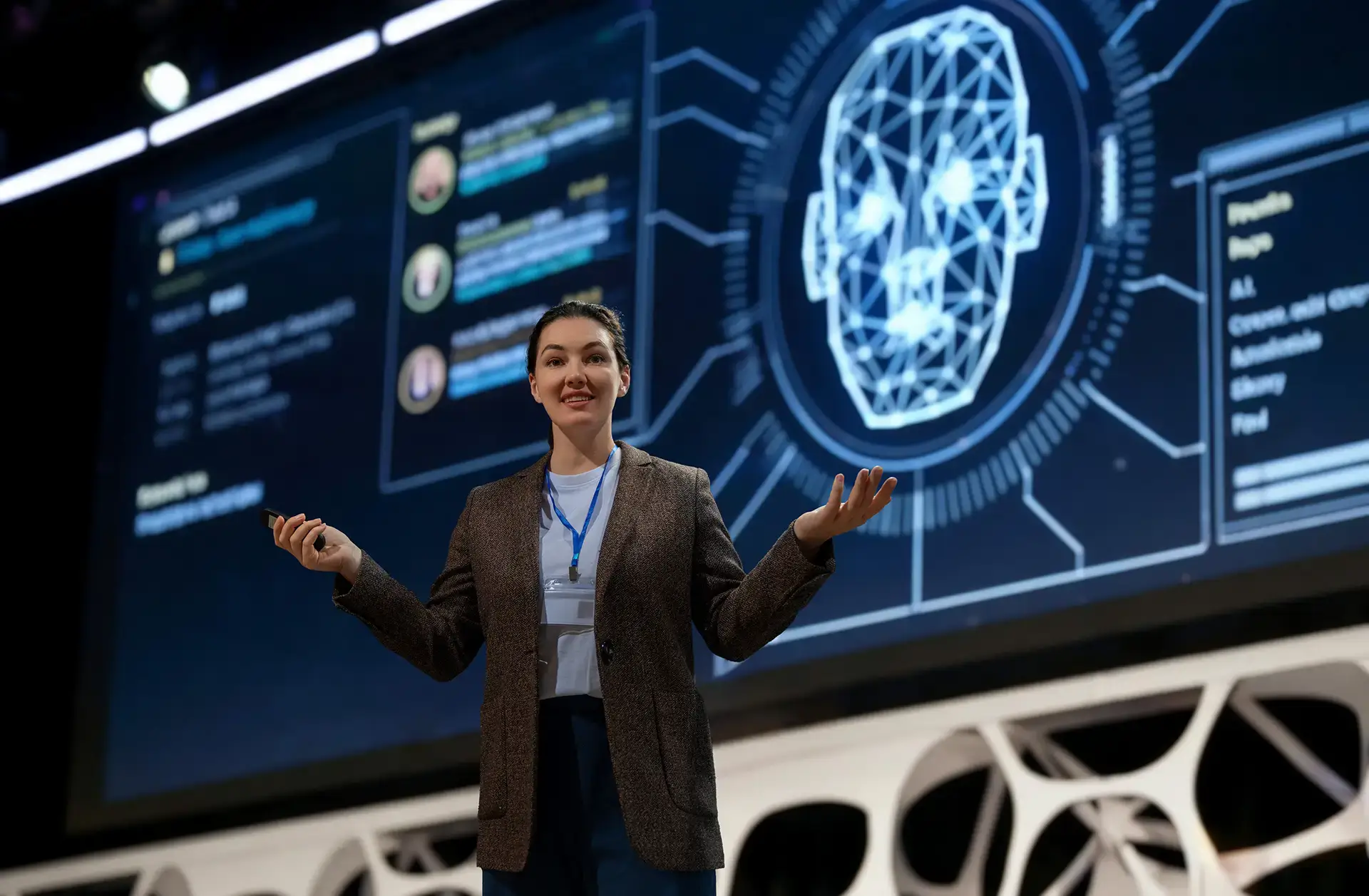The Future Benefits of Artificial Intelligence for Students
Written by Abel Guerra · July 06, 2023 · 6 min read

Introduction: Artificial Intelligence (AI) is rapidly evolving and has the potential to bring significant advancements to various industries. In the realm of education, AI holds great promise in transforming the learning experience for students. In this article, we will explore the potential benefits that AI can bring to students in the future, revolutionizing the way they learn, engage, and excel academically.
“AI is the new electricity.” – Andrew Ng, Co-founder of Google Brain and Coursera
-
Personalized Learning: AI has the potential to revolutionize personalized learning. With AI-powered algorithms, educational platforms can tailor learning materials and activities to meet the individual needs of each student. By analyzing data on students' progress, strengths, and weaknesses, AI systems can adapt the curriculum to ensure optimal learning outcomes for each student. This personalized approach enhances student engagement, boosts motivation, and maximizes learning potential.
-
Intelligent Tutoring Systems: AI can provide intelligent tutoring systems that offer personalized guidance and support to students. These systems utilize natural language processing and machine learning algorithms to engage in real-time conversations with students, answering their questions, providing explanations, and offering targeted feedback. Intelligent tutoring systems empower students to seek assistance whenever needed, enhancing their understanding of complex concepts and promoting self-directed learning.
.webp)
-
Enhanced Accessibility: AI can address the diverse learning needs of students, including those with disabilities or special educational requirements. Through the use of speech recognition, natural language processing, and computer vision, AI technologies can provide real-time captioning, text-to-speech capabilities, and adaptive interfaces, making educational materials more accessible to all students. This ensures an inclusive learning environment and equal opportunities for academic success.
-
Intelligent Data Analytics: AI-powered data analytics can revolutionize the way educators analyze student performance and make informed decisions. By processing vast amounts of data, AI algorithms can identify patterns, trends, and correlations in students' learning behaviors. This enables educators to gain valuable insights into individual student progress, identify areas of improvement, and tailor interventions accordingly. AI-driven analytics provide a comprehensive overview of student performance, enabling timely interventions to ensure academic success.
.webp)
-
Automation of Administrative Tasks: AI can automate administrative tasks, freeing up valuable time for educators to focus on student engagement and instructional activities. AI-powered systems can handle routine administrative tasks such as grading assignments, scheduling classes, and managing student records. This automation streamlines administrative processes, improves efficiency, and allows educators to dedicate more time to personalized instruction and mentorship.
-
Intelligent Feedback and Assessment: AI can provide instant and personalized feedback to students, enhancing the assessment process. Through automated grading systems and AI-driven assessment tools, students receive immediate feedback on their assignments, quizzes, and exams. AI algorithms can evaluate responses, identify areas of improvement, and offer tailored suggestions for further learning. This timely feedback promotes a growth mindset, helps students track their progress, and fosters continuous improvement.
-
Collaborative Learning and Virtual Classrooms: AI can facilitate collaborative learning through virtual classrooms and online platforms. AI-powered tools can enable seamless communication, facilitate group projects, and encourage peer-to-peer interaction. Virtual classrooms equipped with AI technologies provide opportunities for global connections, cross-cultural exchanges, and collaborative problem-solving. This fosters a dynamic and inclusive learning environment, preparing students for the interconnected world they will face in their future careers.

-
Adaptive Learning Paths: AI can create adaptive learning paths that dynamically adjust based on students' progress and learning styles. By continuously analyzing data on students' performance, AI algorithms can identify areas where students may need additional support or challenge. Adaptive learning paths ensure that students receive tailored instruction and resources, optimizing their learning journey and promoting mastery of concepts.
-
Virtual Reality and Augmented Reality: AI can be combined with virtual reality (VR) and augmented reality (AR) technologies to create immersive learning experiences. VR and AR simulations can bring abstract concepts to life, allowing students to explore and interact with virtual environments. AI algorithms can personalize these simulations based on individual learning needs and provide real-time feedback, creating engaging and memorable learning experiences.
-
Intelligent Content Creation: AI can assist students in creating content, such as essays, presentations, or research papers. Natural language processing and machine learning algorithms can analyze students' writing and provide suggestions for improvement, such as enhancing grammar, style, or structure. AI-powered content creation tools empower students to express their ideas effectively and refine their communication skills.
-
Predictive Analytics for Student Success: AI can help predict student success and identify at-risk students who may require additional support. By analyzing historical data and student performance patterns, AI algorithms can provide early warnings to educators about potential challenges a student may face. This enables proactive interventions, such as personalized mentoring or tutoring, to ensure students stay on track and achieve their academic goals.

-
Ethical Decision-Making and Bias Detection: AI can educate students about ethical decision-making and foster awareness of bias in technology. Students can learn about the ethical implications of AI algorithms, understand the importance of data privacy and security, and critically evaluate the fairness of AI systems. By integrating ethical considerations into their education, students become more informed and responsible users and creators of AI technologies.
-
Personalized Career Guidance: AI can provide personalized career guidance by analyzing students' interests, skills, and market trends. AI-powered platforms can recommend relevant career paths, suggest skill development opportunities, and provide insights into industry demands. This helps students make informed decisions about their educational and career trajectories, ensuring alignment between their aspirations and the job market.
-
Emotional Support and Mental Health: AI-powered chatbots can offer emotional support and mental health resources to students. These chatbots can engage in empathetic conversations, provide coping strategies, and offer access to mental health resources when needed. AI-driven emotional support systems complement traditional support services, ensuring that students have access to assistance even outside of regular counseling hours.
-
Lifelong Learning and Skill Development: AI enables lifelong learning and continuous skill development. With personalized recommendations and adaptive learning platforms, students can continue to acquire new knowledge and skills throughout their lives. AI algorithms can identify areas where students can expand their expertise, suggest relevant courses, and facilitate continuous professional development.
“AI will not replace humans, but those who use AI will replace those who don’t.” – Ginni Rometty, Former CEO of IBM

Conclusion: Artificial Intelligence holds tremendous potential to reshape education, making it more personalized, accessible, and effective. From adaptive learning paths to virtual reality experiences and predictive analytics, AI technologies can revolutionize the way students learn, grow, and succeed. By embracing AI in education, we can equip students with the necessary skills and knowledge to thrive in a future that increasingly relies on technological advancements.
At URBE University, we are committed to helping our students utilize and integrate Artificial Intelligence into their skill sets. We offer a wide range of programs to ensure that our students enter the job market equipped with the latest knowledge in technology and Artificial Intelligence. Apply now to one of our online programs to enhance your future! At URBE, we strive to prepare our students for the future workforce, and Artificial Intelligence plays a crucial role in that endeavor.



